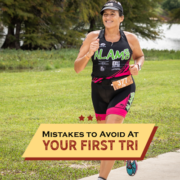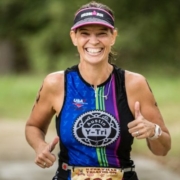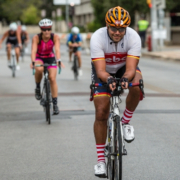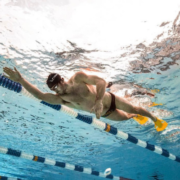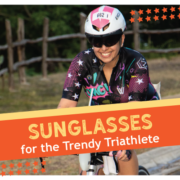6 Mistakes to Avoid at Your First Triathlon
Learn about the 6 mistakes to avoid on your journey to the start line
Triathlon is an exciting sport that will test your limits, push your boundaries, and make you a better athlete. It consists of completing three activities – swimming, biking, and running – in a row. As with any new endeavor, there will be several unknowns and some mistakes along the way. It’s only natural! For those training for their first triathlon, one of your training and race day goals should be to keep the mistakes to a minimum. Learn about the 6 mistakes to avoid below. Doing so can make training that much easier and help you be even more successful on race day.
Make sure you avoid these 6 mistakes
Set unrealistic goals
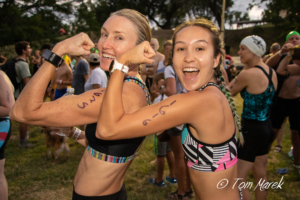
Choose a short-distance tri, like the Kerrville Tri Rookie Sprint, for your first triathlon.
View your first triathlon as an opportunity to explore the sport, meet new people, and learn something new. Setting unrealistic goals when you first start can cause stress and lead to disappointment and frustration. These goals could include finishing in a super-fast time or taking on a long-distance triathlon.
Instead, choose a short-distance triathlon, like the Kerrville Tri Rookie Sprint, for your first one. It consists of a 300m swim, 14-mile bike ride, and 2-mile run. This will allow you to learn about the nuances of triathlon while incorporating short-distance training. Set smaller, weekly goals that lead up to your main goal. This will keep you motivated.
Overlook nutrition and hydration
Don’t forget about what your body needs to propel you during your first triathlon: fuel. This includes nutrition and hydration. And we’re not just talking about training and race day. This includes all the meals you eat and what you drink. If you’re not a healthy eater, now’s the time to make the switch. Include more lean meats, fruits, and vegetables. Drink more water and electrolyte-enhanced drinks.
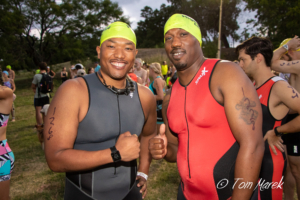
A well-rounded training plan will better prepare you for race day.
You need to know what your body will need on race day before race day. Test out what nutrition and hydration work best for you during training. Find your favorites and stick with them! This helpful nutrition guide will get you started.
Ignore a weakness during training
Focusing on your strengths will improve your performance for those specific activities. But focusing on your weakness is crucial to becoming a well-rounded triathlete.
For example, you might’ve grown up swimming, but aren’t that good at cycling. If this is the case, your training should focus more on getting better at cycling. This could include building your endurance, practicing bike skills, or learning the rules of the road. Don’t completely ignore swimming, just substitute a few swim workouts for bike rides.
Exclude triathlon gear
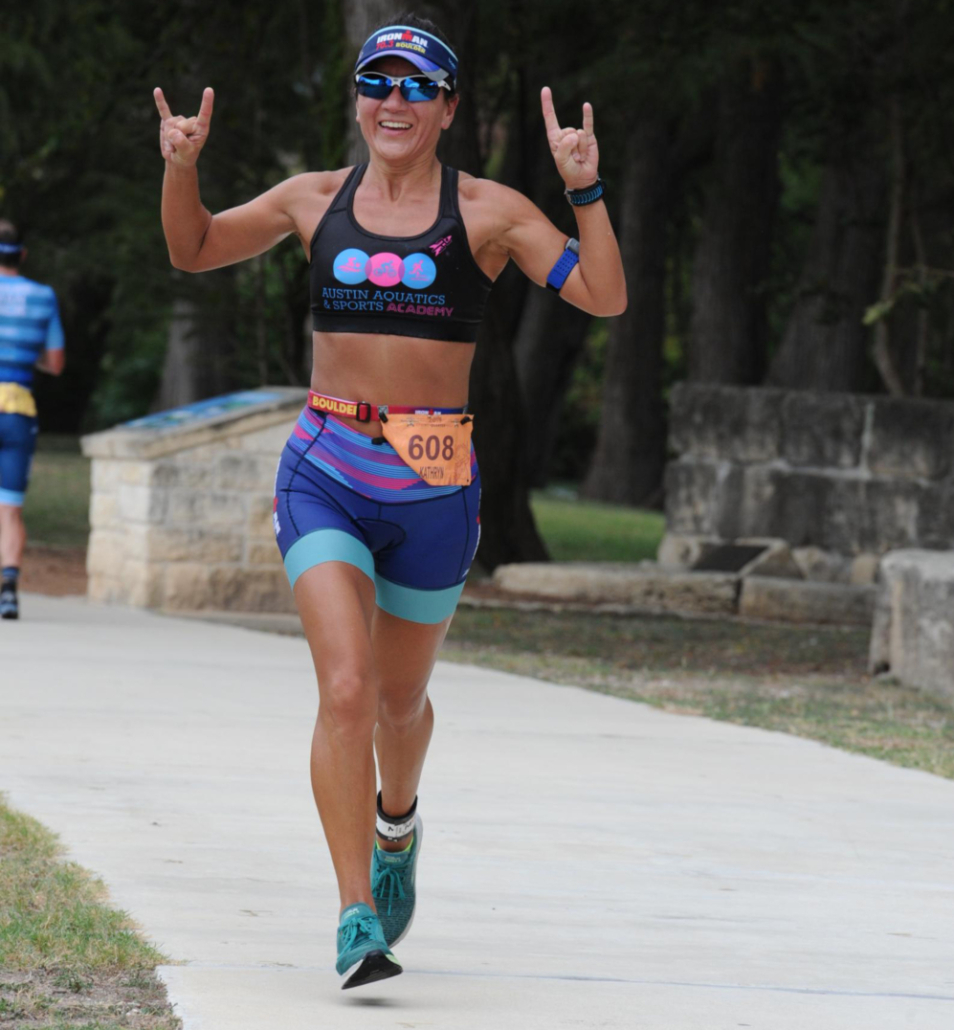
Remember: nothing new on race day!
Whether swimming, cycling, or running, triathlon gear is designed to improve performance and make you comfortable. You don’t need expensive equipment for your first triathlon, but you need gear that’s reliable and trustworthy. For example, a tri suit isn’t mandatory, but it’s something you can wear throughout your first triathlon. However, you will want swim goggles and a bike. If you’re in the market, read these bike buying dos and don’ts and learn how to find swim goggles that are right for you.
Try something new on the race day
Race day is not the time for experimentation. This includes gear, nutrition, hydration, and form/technique. Nothing new on race day! Trying something new on race day can result in issues that can affect your performance or worse, cause injury. What you use on race day should be tested multiple times during training. You should be completely comfortable with everything before race day rolls around.
Arrive late
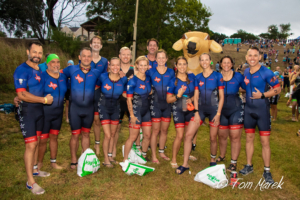
Another reason to arrive early: a group photo.
With so much to do in transition, you want to arrive early. You should be parked and headed to transition at least an hour before it closes, if not earlier. Give yourself enough time to set up in transition and become familiar with all the entrances and exits. When leaving your place, plan for traffic, rookie stress, and parking. Pro tip: practice setting up transition the night before and double-check everything when packing!
Learning about these 6 mistakes to avoid will save you time, reduce stress, and help you be successful during your first triathlon. This advice will stay with you during your entire triathlon journey.

